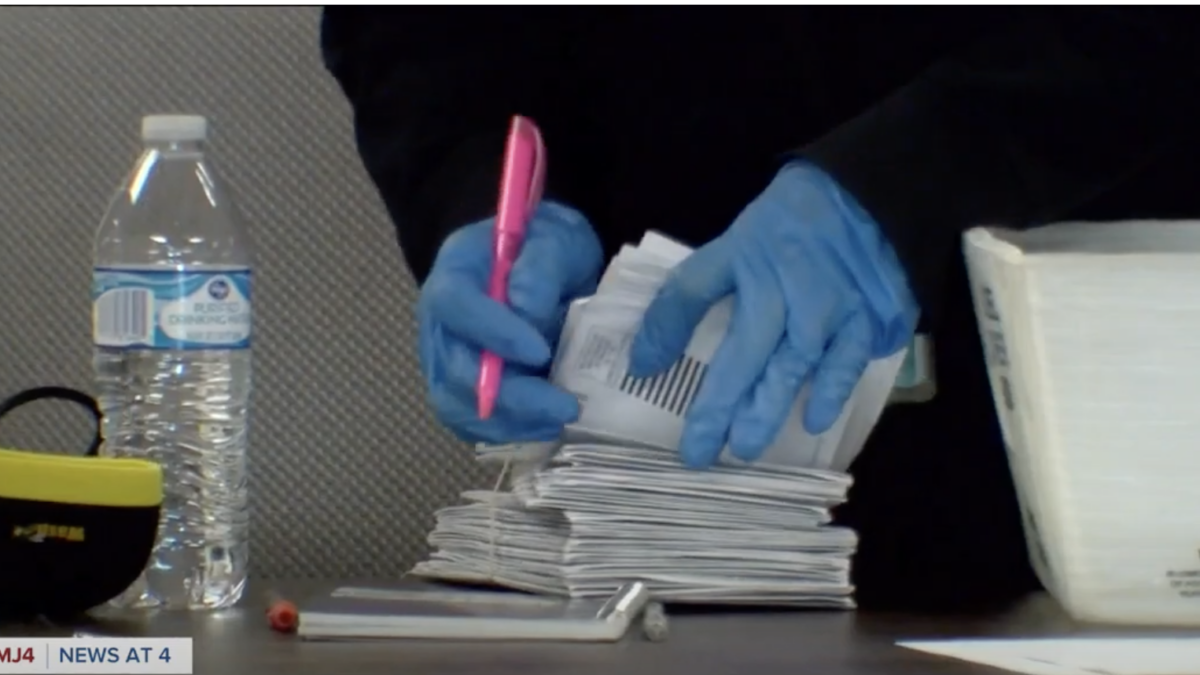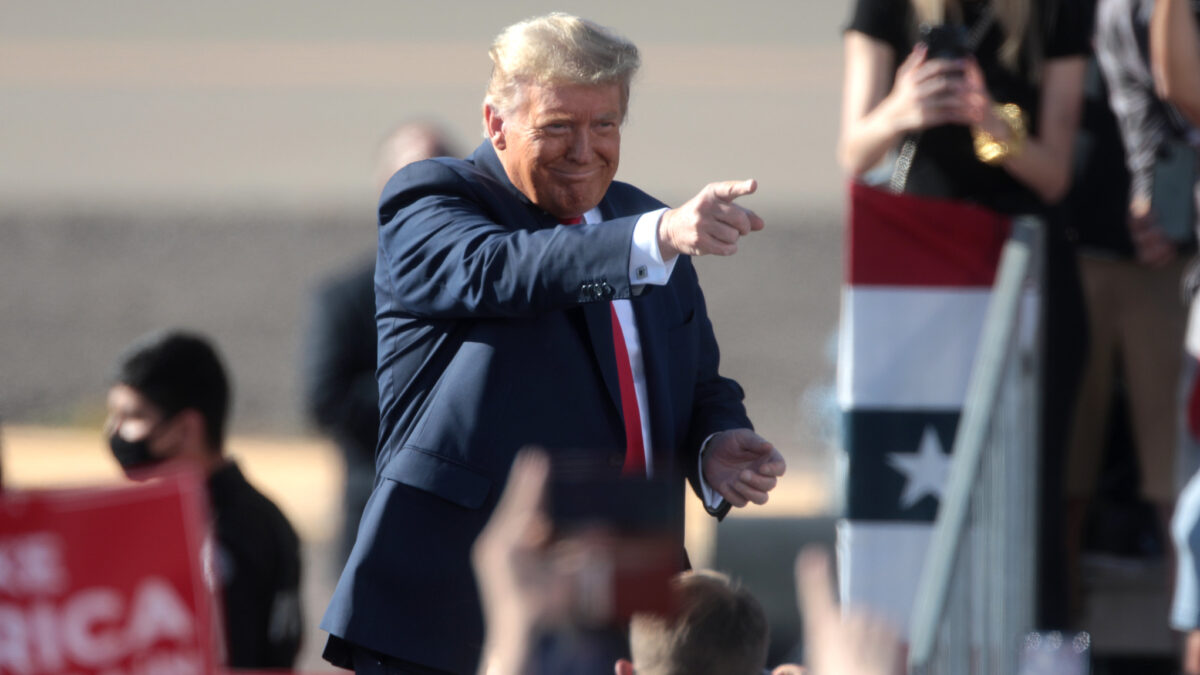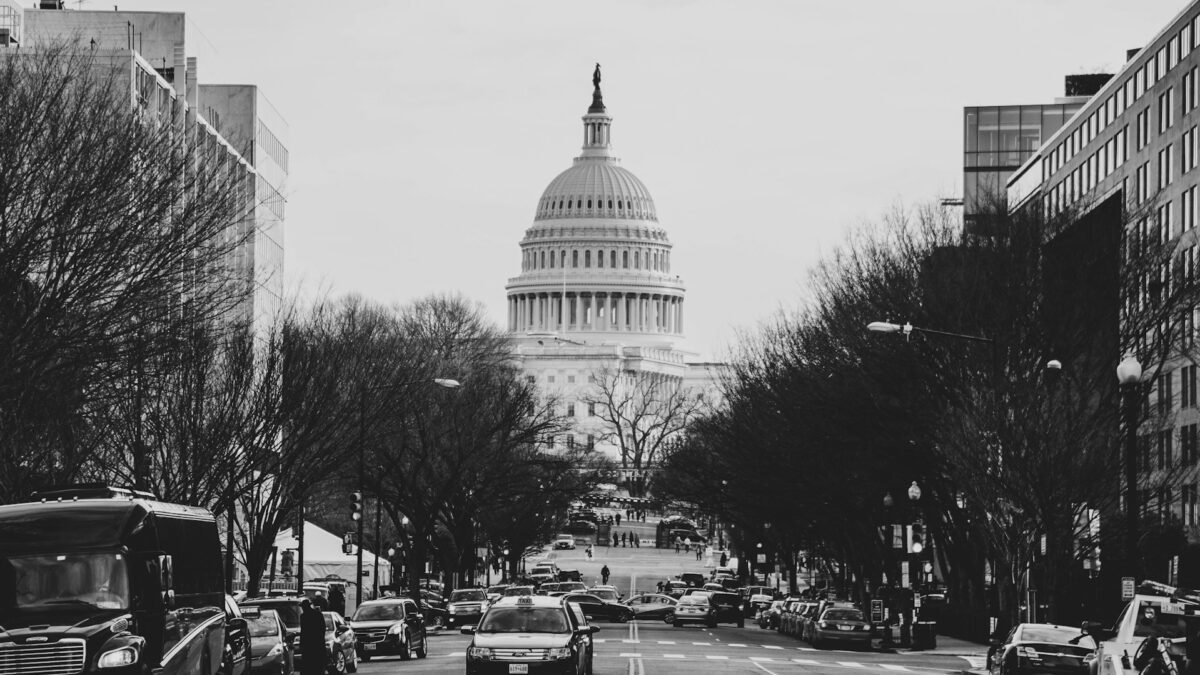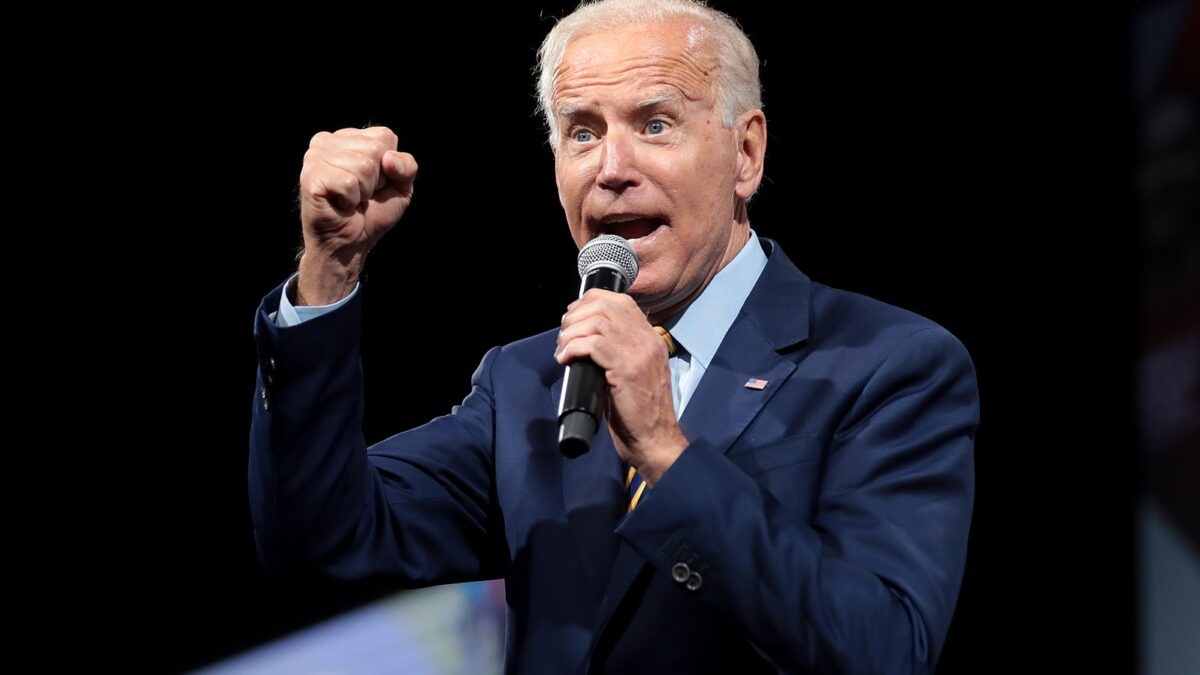Just about every election cycle, Democrats spring a new voting scheme on unsuspecting voters, each one more complicated than the last, with the predictable result of confusing voters and reducing confidence in the eventual results. This is all by design. Instead of earning voters’ loyalty, leftists would rather gain or maintain power by manipulating the election process however possible.
Control by Party Bosses
An egregious example of this took place earlier this year in New Hampshire, where the office of the state attorney general ended up issuing a cease-and-desist order to Democratic National Committee (DNC) officials for purportedly violating state voter suppression laws. Party bosses, who wanted South Carolina to be the first Democrat primary in the nation, bumped the presidential primaries in New Hampshire and Iowa down on the calendar after claiming the latter’s caucuses were “too white and too undemocratic.” When New Hampshire went forward with a January primary anyway, in accordance with state law, the DNC instructed the state party to tell voters their votes would be “meaningless” if they voted on Jan. 23, rather than on the DNC’s preferred primary date later in the year.
According to The Federalist, “in his cease-and-desist order to the DNC, Assistant Attorney General Brendan O’Donnell underscored how ‘[f]alsely telling New Hampshire voters that a New Hampshire election is ‘meaningless’ violates New Hampshire voter suppression laws,’ and further ordered the organization to stop engaging in such ‘unlawful’ conduct.”
On Saturday, New Hampshire Democrats fell in line with the DNC bosses by holding a “firehouse” primary that complied with the DNC rules. According to Politico, “dozens of New Hampshire Democrats showed up in an effort to regain their status within the party and earn back their 24 delegates.”
This is just one of the many ways Democrat Party elites have schemed to disenfranchise their own voters in the primary and Republican voters in the general elections.
In the last two presidential election cycles, Democrat party bosses chose their nominees, not the voters. In 2016, Bernie Sanders won the popular vote over Hillary Clinton in the crucial New Hampshire primary, but Hillary won more convention delegates because the Democrat Party rules allowed pro-Hillary “super delegates” to vote for their preferred candidate instead of the state’s winner. In 2020, Biden lost in both New Hampshire and Iowa, but after winning South Carolina, party bosses again cleared the field, likely aided by the potential for lucrative cabinet positions for candidates like Pete Buttigieg, who fell in line to clear Biden’s path.
As distasteful as it is, 21st-century party bosses are still controlling the process, not in smoke-filled backrooms, but through sophisticated election hijinks. It is part of the reason for Donald Trump’s appeal: He was not chosen by the party bosses.
Shrinking Primary Power via Automatic Voter Registration
Another classic example of voter manipulation is automatic voter registration (AVR), which entails bureaucrats registering people to vote when they get a driver’s license, sometimes without providing the applicant any meaningful choice. In many states with AVR, voters registered through the DMV are only given the option to choose a political party via a follow-up mailing, and many individuals never select a party, so AVR actually reduces partisan registration.
But to participate in primary elections in many states, voters must choose a political party and those without a political party affiliation cannot participate. With fewer people voting in the primary elections, party bosses get more power. In blue states or urban areas, this system can also increase turnout in the general election, while still reducing voter turnout of the “masses” in the primaries, where the winning candidate is usually selected.
And because there is inherent confusion and incompetence anytime government agencies take on a task they aren’t designed to do, mistakes happen. In this case, motor vehicle departments often disenfranchise voters when their party affiliation is changed to independent or not affiliated.
Disenfranchisement via Ranked-Choice Voting
The newest scheme advanced by Democrat party bosses, ranked-choice voting (RCV), involves having voters rank multiple candidates in order of preference, and often leads to chaos and confusion from multiple vote counts. It can also cause ballot “exhaustion,” which happens when all the candidates listed by a voter have been eliminated and the ballot is effectively useless.
A recent study commissioned by the Center for Election Confidence (CEC) and conducted by Princeton professor Nolan McCarty shows how RCV disproportionately disenfranchises black and Native American voters, “because such voters disproportionately ‘exhaust’ their ballots thereby removing them from decisive vote tabulations.” Sixty-six percent of black Americans identify as Democrat or Democrat-leaning, and 44 percent of Native Americans say they are registered Democrats.
As RCV is foremost a tool for determining party nominees, this is a boon for elitist Democrats because they can use the complicated system to protect incumbents or other favored candidates without the bribes or smoke-filled back rooms.
Additionally, in elections with multiple candidates and positions on the ballot, such as municipal elections, Republicans used to win some of those seats, even in heavily Democrat cities. RCV makes that much more difficult.
Power Play
The left is now toying with the idea of “mandatory” voting, which could involve fining those who choose not to participate. But the mandate would presumably only apply to general elections, not primaries, further increasing the parties’ power to pick their nominees. Once again, this scheme gives party bosses an advantage in selecting their preferred candidates in the primary, while potentially canceling out the vote of informed voters in the general election with votes cast by low-information voters who are only voting to avoid a fine.
The last time Democrats controlled the House they made it their top priority to pass an election “reform” package aimed at growing and protecting the incumbent Democrat majority in Congress.
Democrat party bosses first and foremost want to stay in power, by any means necessary. For over 20 years, leftists have fought against popular reforms, such as voter ID requirements, and continuously promoted confusing new voting systems that tend to increase their control of the outcomes. Democrat and Republican voters alike should oppose these power grabs and make elections more open, honest, and fair. But leftists in power know that under those elections, they are more likely to lose. Don’t expect them to support those kinds of reforms anytime soon.








